Met Police report ignores ‘institutional transphobia’, charity says: ‘Acknowledge the whole picture’
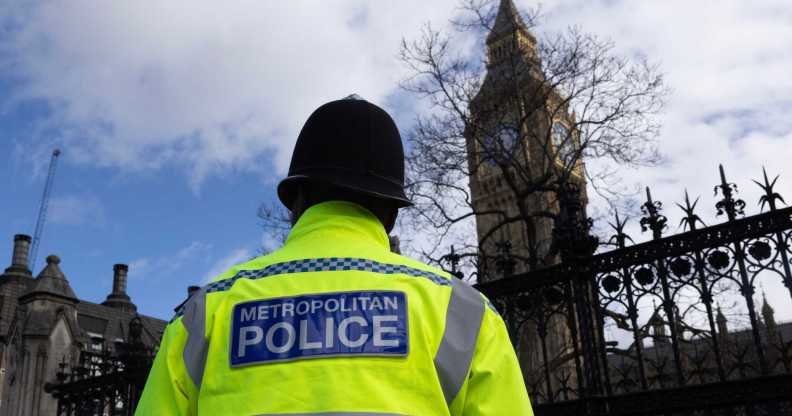
A Metropolitan Police officer pictured in London. (Getty)
Baroness Casey’s report found the Metropolitan Police to be institutionally racist, homophobic and misogynist. But it didn’t consider the force’s treatment of trans people.
Commissioned in the wake of the murder of Sarah Everard by serving officer Wayne Couzens, Casey’s report found that London’s police force is failing women and children, people of colour and the queer community.
None of this is particularly new – the report reiterates what many, particularly the Black and LGBTQ+ communities, have been saying about the police for years.
Anti-LGBTQ+ abuse charity Galop was set up in 1982 to oppose homophobia in the Met Police. While it welcomes the report acknowledging the institutional nature of the force’s issues, it has raised concerns about its failure to call out the Met’s “institutional transphobia”.
The 363-page report has a lot to say about homophobia, but the word “transgender” is mentioned just once, and it says nothing about the specific ways trans people are mistreated by the police.
“There is institutionalised homophobia in the police but, as this report’s lack of acknowledgement of trans people shows, the institutional transphobia is in many ways more entrenched and even less addressed,” Leni Morris, the chief executive of Galop, tells PinkNews.
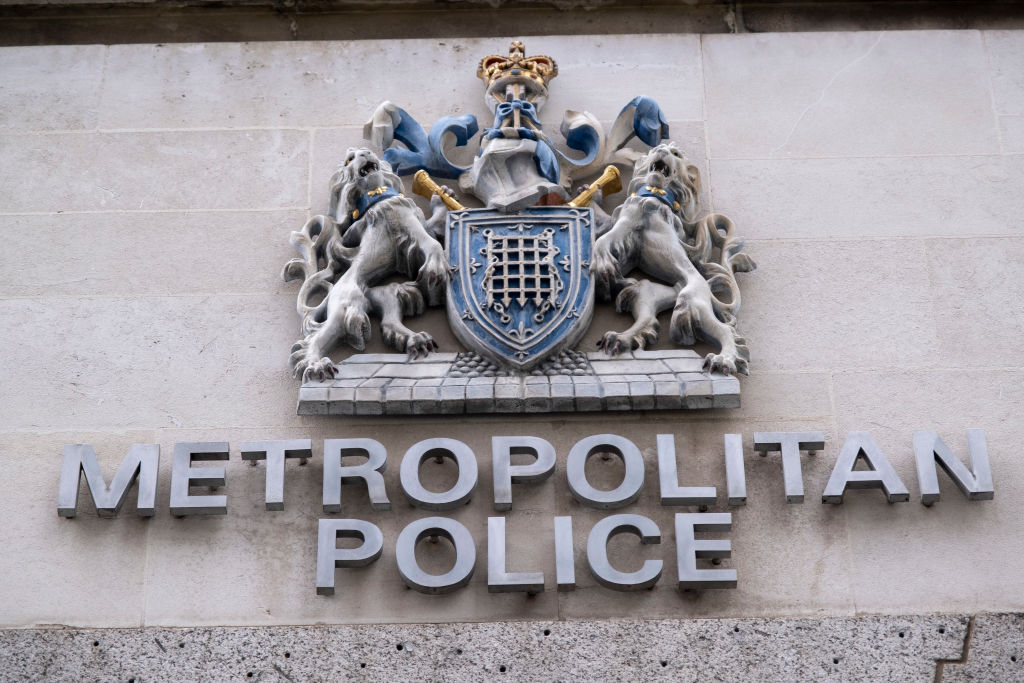
Galop has repeatedly found that trans people face specific forms of discrimination when going through the criminal justice system, from misgendering to being deadnamed. A 2022 report by the charity found that trans people avoid reporting incidents out of fear they’ll be discriminated against.
One person told the charity: “I don’t think trans people are even approaching the police… there’s so much unreported, unresolved s**t going on in our community, and the numbers don’t show us being affected so there’s no support available. That just puts people off reporting even more.”
Another said: “When I was reporting to the police, they took my report as a woman and it was really weird to me, the whole experience, because of that. I was like this is odd… I couldn’t really explain, like anyone I spoke to I didn’t feel I could be honest about the impact it had on me because the impact it had on me was so linked to me being visibly gender non-conforming.”
Morris says that the Casey Review ‘disregarding’ the trans community is “incredibly disappointing and feels like it adds to the failures of the Met in understanding, acknowledging and protecting our community in London”.
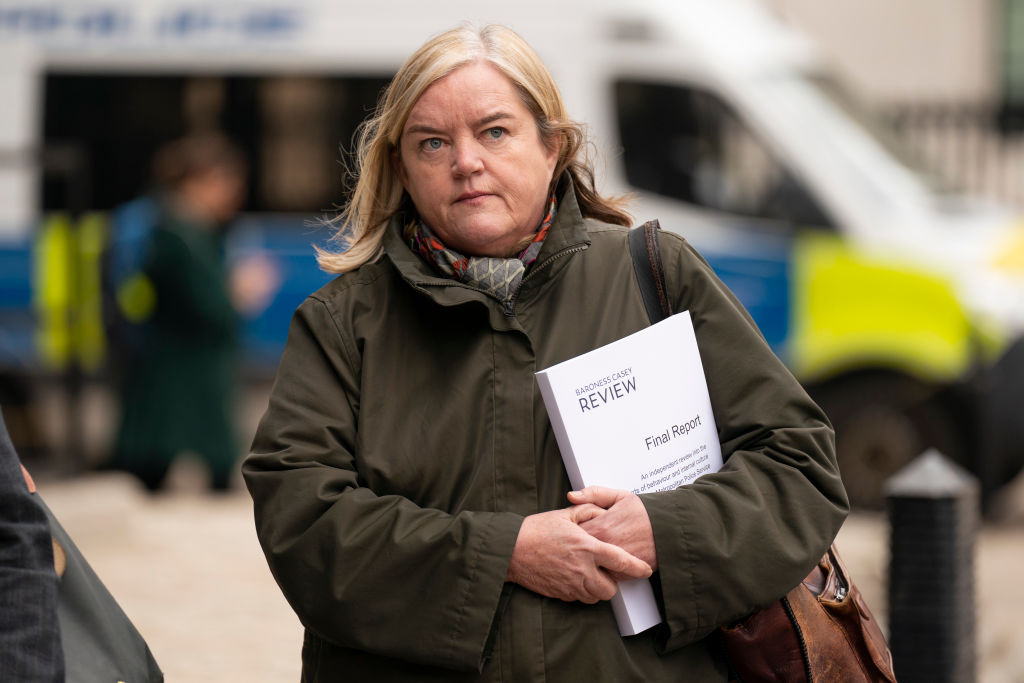
“To address and unpick the institutional anti-LGBT+ prejudice in the Met, it is vital to look at its attitudes towards the entire community,” she explains.
“Homophobia, misogyny and racism are only part of the discrimination faced by LGBT+ people within the current system, and dismantling one is only possible with a full understanding of our community’s experiences with the Met.
“If the review and the Met want to commit to being anti-discriminatory, they must face and acknowledge the whole picture, including the damage done to individual victims seeking support from the police as well as the effect of these attitudes for the whole community.”
The Met Police’s denial only further demonstrates the way these issues are baked into its culture
The findings have called the future of the Met Police into question.
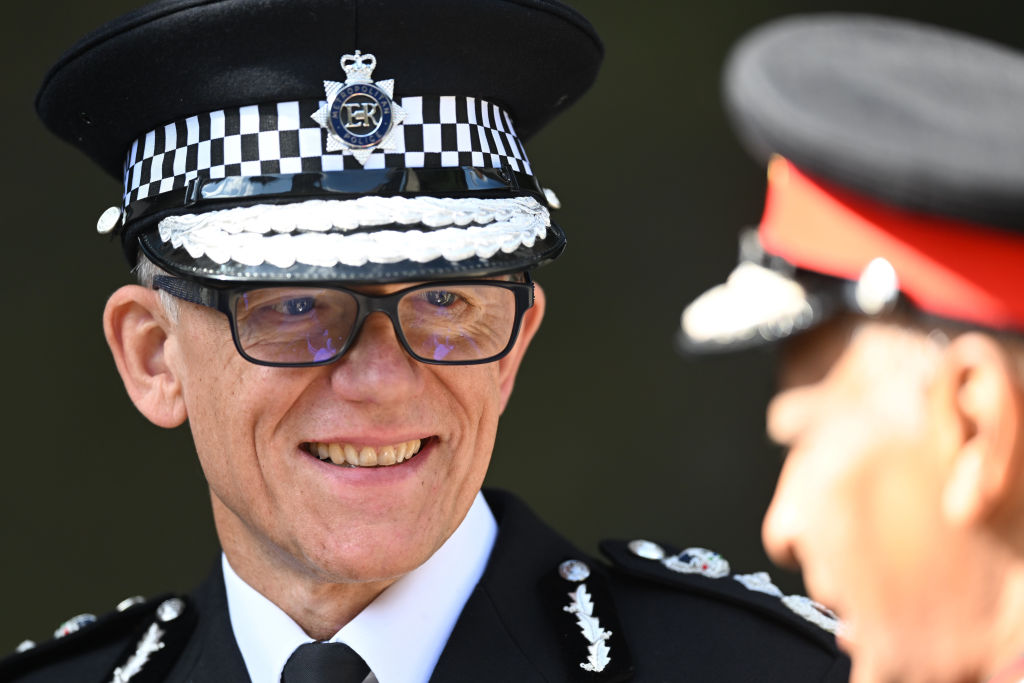
While Met Police commissioner Sir Mark Rowley has accepted its findings, he has refused to accept the use of the term “institutional”, saying it has been “politicised”. Home secretary Suella Braverman echoed this.
Mandu Reid, leader of the British Women’s Equality Party, has found the response from the Met, and from the government, extremely disappointing.
“They have both refused to accept the findings of institutional racism, misogyny and homophobia – decrying ‘institutional’ as a political term,” Reid says.
“Their denial only further demonstrates the way these issues are baked into the culture of the Met.”
Reid does not believe that policing can continue to operate as it does now.
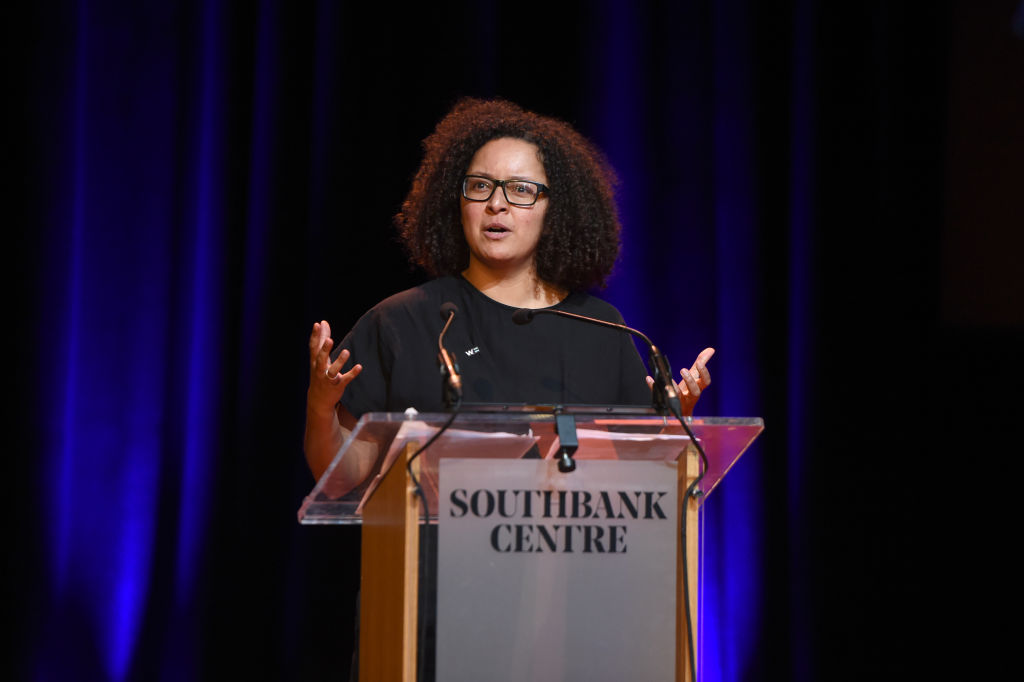
“The majority of people are being failed by the police, which means not only that policing by consent is impossible but that the police cannot possibly fulfil their role to serve and protect the public,” she says.
“It’s time for politicians and police leaders to step aside and let the people they have failed decide the future of policing – a future that the majority of us can actually consent to.”
Reid’s message is clear: those who have been let down deserve better.
“Mark Rowley’s stubborn refusal to accept the findings of the Casey Review means the Met has fallen at the first hurdle,” she adds.
“If the Met continues to deny that it is institutionally racist, misogynistic and homophobic then all of their efforts to tackle the issues will fail. We all deserve better than this.”

